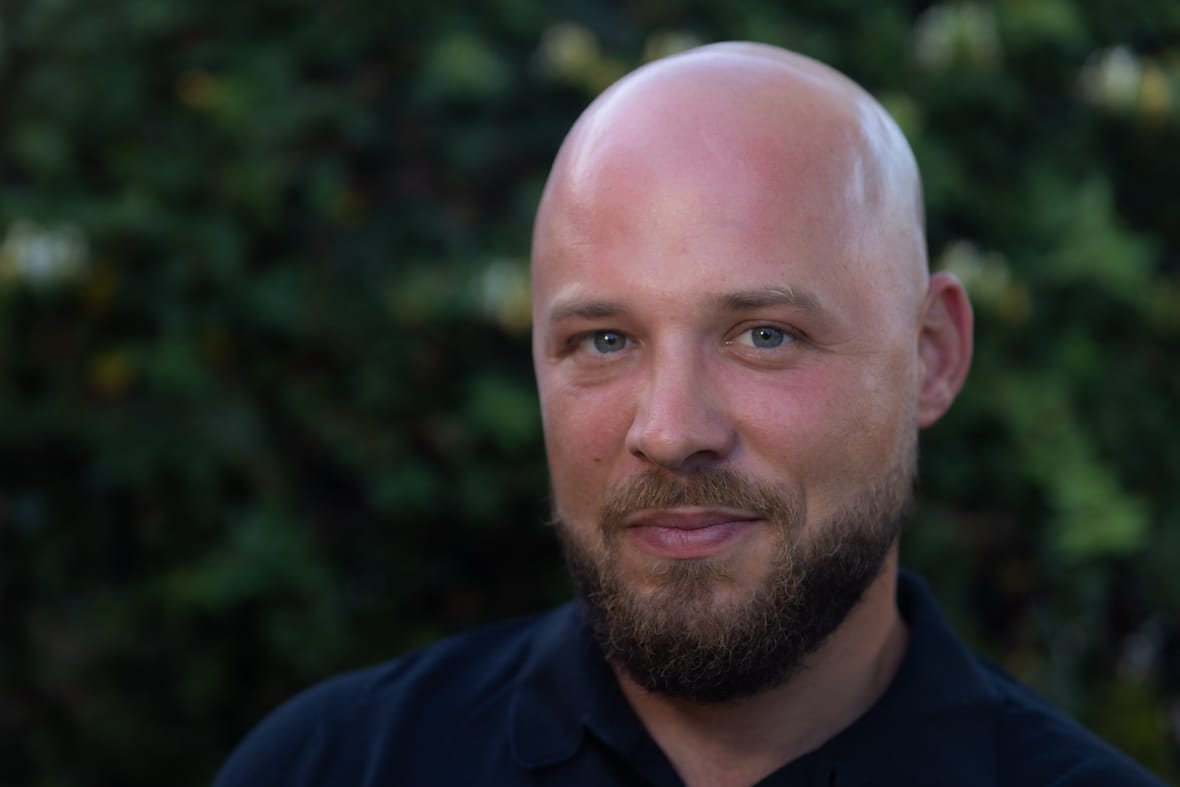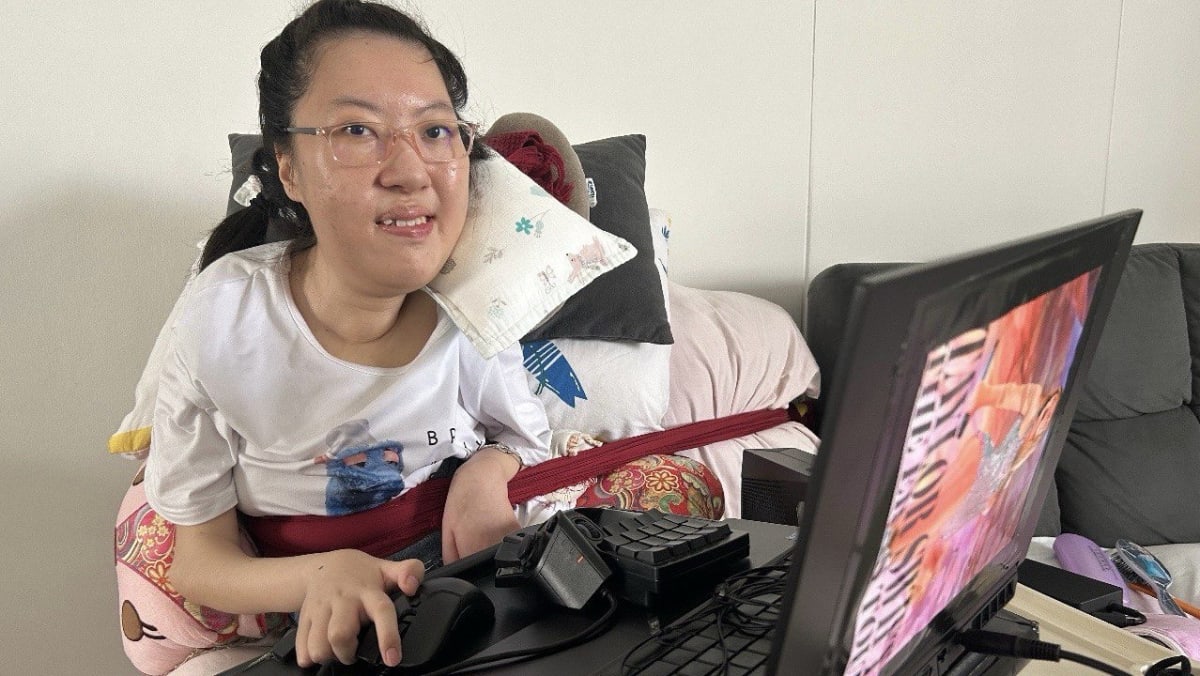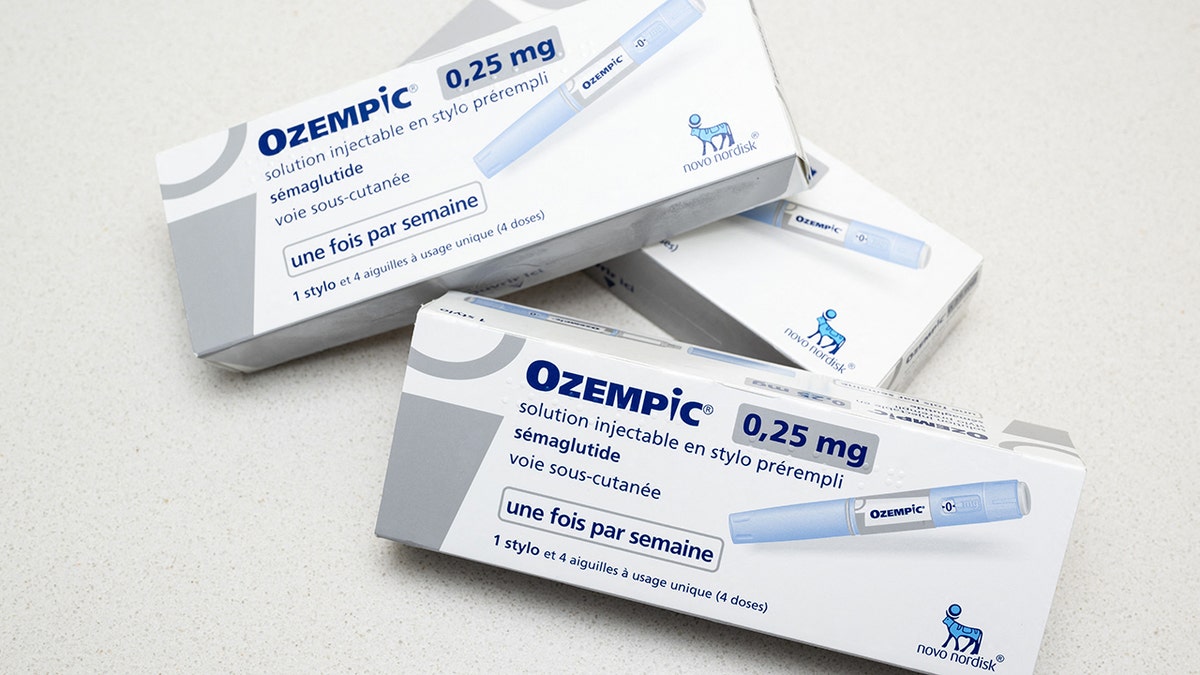A recent study conducted by researchers at the University of Colorado’s Leeds School of Business has found that crowdfunding campaigns played a crucial role in providing informal disaster insurance for households affected by the Marshall Fire, the most destructive wildfire in Colorado’s history. The research also highlighted significant disparities in earnings between higher and lower-income households.
The Marshall Fire, which occurred in December 2021, destroyed over 1,000 homes and caused extensive damage. Assistant Professor of Finance Emily Gallagher and Finance Professor Tony Cookson co-authored the research, emphasizing the importance of crowdfunding as a source of funds for disaster victims.
Crowdfunding platforms like GoFundMe have raised over $23 million for Marshall Fire victims. However, the study revealed that crowdfunding earnings varied based on an individual’s personal network, with higher-income individuals receiving more support. Lower-income individuals, on the other hand, received less assistance due to their less-prepared networks.
The researchers analyzed 975 GoFundMe campaigns for Marshall Fire survivors and found that households with incomes around $150,000 per year received the highest earnings. Shockingly, 12% of fire survivors with a GoFundMe campaign received less than $5,000, which was insufficient to address the significant loss they experienced.
The findings underscored the importance of crowdfunding platforms as an alternative form of disaster insurance. GoFundMe, in particular, has become one of the most popular sources of crowdfunding, with annual disaster recovery campaigns raising over $106 million since 2013.
Colorado’s Division of Insurance discovered that approximately two-thirds of homes lost in wildfires were underinsured. As the threat of wildfires increases in Western states like Colorado, traditional insurance policies fail to provide the safety net that disaster survivors rely on. Crowdfunding platforms offer instant liquidity of funds, which is crucial for replacing out-of-pocket costs for natural disaster survivors.
This instant access to funds is especially significant for lower-income households, as their financial standing often correlates with a diminished credit rating. Obtaining approval for personal loans to rebuild or repair homes after a disaster can be challenging for these households.
The researchers emphasized the importance of supporting all individuals affected by disasters, urging donors to look beyond their typical networks and assist community members who may have fewer people coming across their crowdfunding campaigns.
Overall, the study highlights the vital role of crowdfunding in providing financial support to disaster victims and calls for increased awareness and support for those who may be overlooked in traditional networks.
For further information, contact CU Independent Special Issues Editor Lucy Adlen at lucy.adlen@colorado.edu.



